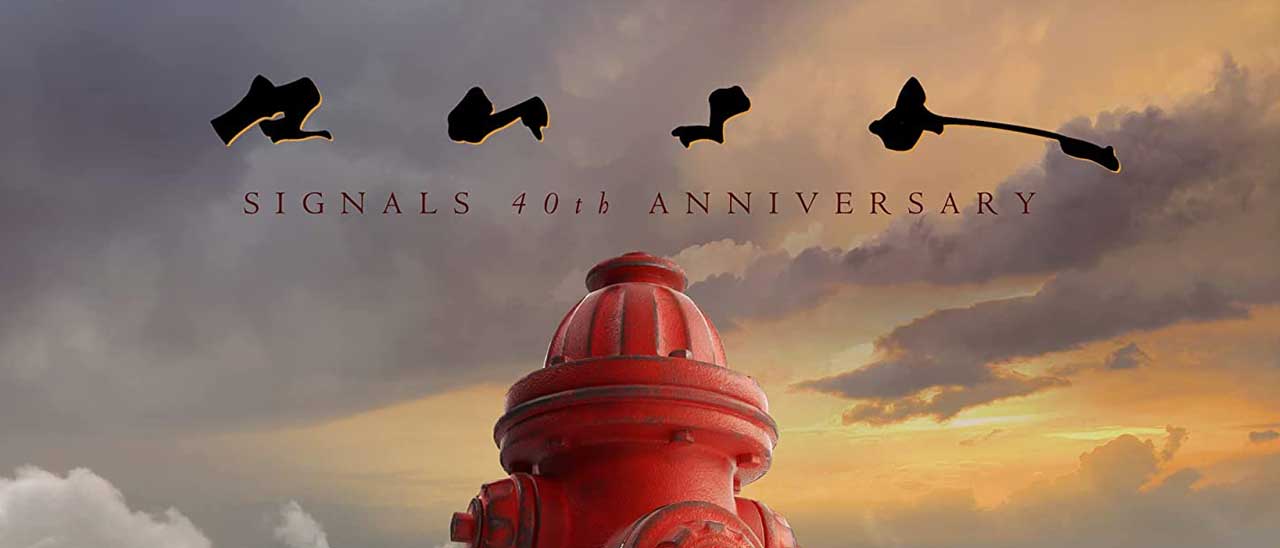You can trust Louder
There are many landmark tracks in Rush’s catalogue: Working Man, the first breakout song; By-Tor And The Snow Dog, the first epic; 2112, the conceptual masterpiece; The Spirit Of Radio and Tom Sawyer, the modernist anthems that connected with a vast global audience; and from the 1982 album Signals there is Subdivisions, a track that marked the beginning of a whole new phase in the band’s career.
As the opening track on the album, Subdivisions made a powerful statement. With synthesiser as the lead instrument, it was the sound of a band in transition. As multi-tasking bassist, vocalist and keyboard player Geddy Lee told Classic Rock: “Signals was a turning point for the band. It was the beginning of our ‘keyboard era’. We had used synthesisers since way back, but on Signals that really came to the forefront.”
This keyboard era would prove to be divisive – for the band and fans alike. Guitarist Alex Lifeson would later admit to feeling sidelined within the group he’d founded. Some fans were turned off. Others, including Trent Reznor, loved the fact that a hard rock group could embrace electronic sounds so fully.
On Signals, however, the balance between guitar and keyboards was more equal than on subsequent albums such as Power Windows and Hold Your Fire. Lifeson played brilliantly on Digital Man and New World Man, both influenced by the new wave and the ‘white reggae’ stylings of The Police. He ripped it up on The Analog Kid, the album’s high-octane rock track.
His subtle textures and high-arcing solo in Subdivisions gave extra weight to what remains one of the most emotive songs the band ever recorded, with a beautiful melody, and poignant lyrics from drummer Neil Peart on suburban life and teenage rites of passage. There’s another amazing Lifeson solo in Losing It, a sombre ballad that featured in the band’s final show in 2015.
Signals is a classic Rush album, if not as career-defining as 2112 or as perfect as Moving Pictures. Certainly it merits a 40th Anniversary Super Deluxe Edition – albeit a year late. But a note of caution here. While this box set includes the original album on vinyl, CD and Blu-ray audio, plus four nostalgia-inducing seven-inch singles, a hardback book and assorted artworks, there is no previously unreleased music – not even a period-accurate live set. Given the stature of this album, fans might expect a little more.
Sign up below to get the latest from Classic Rock, plus exclusive special offers, direct to your inbox!
Freelance writer for Classic Rock since 2005, Paul Elliott has worked for leading music titles since 1985, including Sounds, Kerrang!, MOJO and Q. He is the author of several books including the first biography of Guns N’ Roses and the autobiography of bodyguard-to-the-stars Danny Francis. He has written liner notes for classic album reissues by artists such as Def Leppard, Thin Lizzy and Kiss, and currently works as content editor for Total Guitar. He lives in Bath - of which David Coverdale recently said: “How very Roman of you!”


